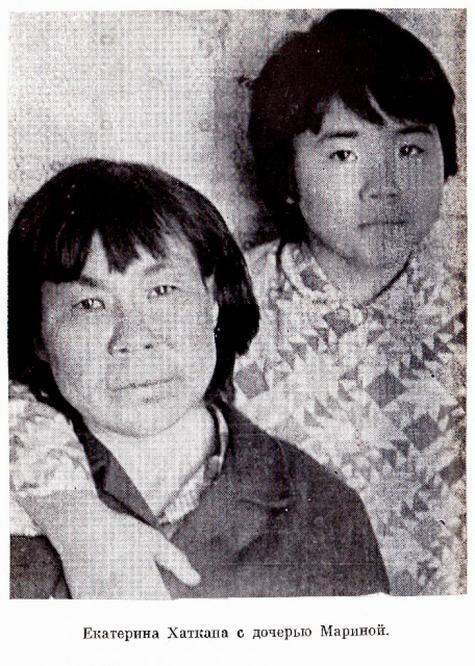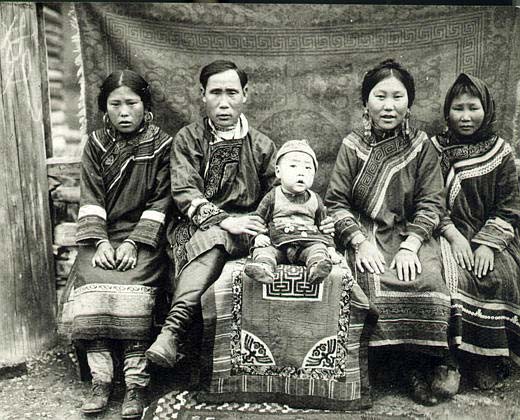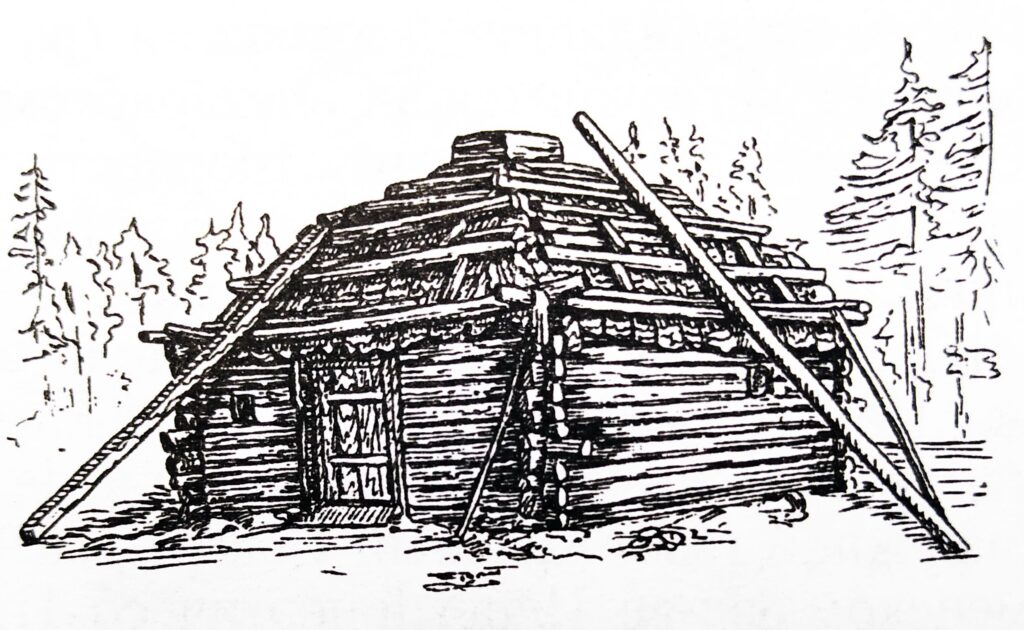
Основу керекского общества составляла большая матриархальная семья. На лето она разбивалась на малые семьи. Запасы рыбы и орудия промысла считались общей собственностью. Главенствовало во всех хозяйственных, семейных и общественных делах старшая женщина. Родство считалось по материнской линии. Существовали экзогамные объединения; наваринские кереки брали жен из группы опукинских кереков Браки с другими народами не поощрялись. Иногда женщин насильно отбирали чукчи-оленеводы, поэтому мейныпильгинские чукчи ведут свое происхождение от кереков. С оседанием чукчей на морском побережье браки кереков с ними стали заключаться чаще. Распад большой семьи у кереков начался в ХIХ в. в связи с упадком морского промысла и переходом от коллективной к индивидуальной охоте.
Кереки считали, что родившиеся дети – это их предки, которые снова вернулись к ним. Мать считала свою родную дочь матерью или бабушкой , а сына – отцом или дедушкой по материнской линии. Детям давали имена предков, и окружали их вещами, которые при жизни нравились тому или иному предку. Когда ребенок рождался мертвым, – говорили “прошел мимо”, имея ввиду предка, не пожелавшего вернуться к своим родным. Кереки очень заботились о детях – им ни в чем не отказывали, удовлетворяли любое желание. Возник даже институт подчинения старших своим детям как своим предкам, которым нельзя перечить.
«Во всех керекских сказках все младшие дети оказываются умнее своих матерей и отцов и даже поучают их. Так, лиса Йайучананккут, прежде чем куда-либо идти, спрашивает разрешения у своей дочери Имынны, а Имынна, в свою очередь, ругает мать за обман и проделки. Младший сын Кукки вороненок Ауппали раньше всех догадывается, что лиса хитрит», – пишет В. Леонтьев в статье о фольклоре кереков.
Ранее писатель А.А. Ресин в своих очерках об инородцах отмечает, что в жизни «чукмарей» (так он называл кереков) большую роль играла женщина: «Женщины у этого народа имеют заметно большее значение, чем у других: они руководят всем хозяйством, принимают большое участие в торговле и на вид кажутся развитее мужчин…» Бабушка или жена распоряжалась не только продуктами, но и предваряла любой поступок мужчин советом, могла разрешить или запретить что-либо сделать.


